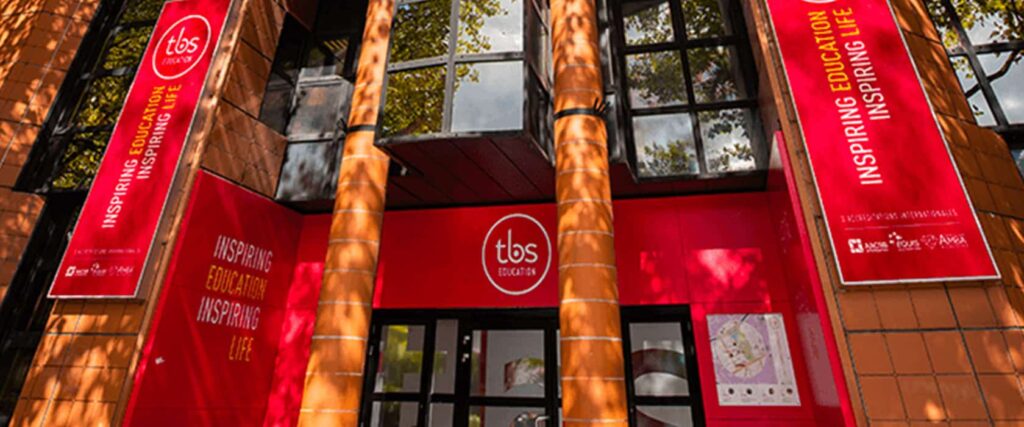Why you should consider doing a master’s degree in Africa
Africa offers an exhilarating opportunity for aspiring master’s program candidates. African countries like Mozambique and Libya are amongst the fastest-growing economies. Despite the challenges faced by parts of the continent, there is a strong foundation for optimism that Africa is poised for more economic growth in the coming years, potentially mirroring Asia’s remarkable development trajectory.
A new generation of African schools is beginning to make their mark globally. There are many great African universities, in South Africa in particular. This includes the University of Cape Town, Stellenbosch University, and Nelson Mandela University Business School.
These universities reflect the increasing commitment to enhancing higher education across Africa, a crucial step to meet the demands of its young populations. Africa is expected to have 1.1 billion people by 2040. This would make Africa one of the largest global workforces in the near future. As its population grows, so does the need for young leaders with the skills, knowledge, and experience to help drive the continent’s economic empowerment. Are you up for the challenge?
Typically, studying for a master’s in Africa is more affordable than in other continents.
For example, the average cost for a master’s degree in South Africa for international students is $1,640-5,050.
Numerous African universities in South Africa and Egypt are well regarded. According to global rankings, the University of Cape Town ranks the highest among African universities.
Despite a rapidly expanding economy, African graduates still face a challenging job market and high unemployment rates. In 2022, Africa’s Gross Domestic Product (GDP) per capita reached $2,150.6. In the coming years the GDP is predicted to reach nearly $2,700. The largest economies in Africa, based on the nominal GDP, are Egypt, Nigeria, Algeria, and South Africa.
South Africa is the most popular destination for international students in Africa, but the majority are from other African countries. Egypt, Kenya, Rwanda, and Uganda are all attracting increasing numbers of international students.
Although thousands of local languages and dialects are spoken in Africa, the most popular languages are Arabic, English, Swahili, and French. Around 24 African countries list English as one of their national languages, so there is a wide variety of English-taught courses in Africa.
Countries in Africa


South Africa
Cape Town


South Africa
Cape Town


United States, United Kingdom, United Arab Emirates, China
Boston, New York, San Francisco, London, Dubai, Shanghai


France, Morocco, Spain
Toulouse, Paris, Casablanca, Barcelona


South Africa
Pretoria


South Africa
Port Elizabeth
A master’s degree is a graduate-level academic program that deepens your understanding of a specific field. This type of degree equips you with advanced knowledge and specialized skills in your chosen discipline, setting the stage for professional advancement or further academic pursuits. Unlike the broader scope of an undergraduate degree, a master’s degree zeroes in on a particular area of expertise.
Master’s programs are generally divided into two categories: academic and professional. Academic master’s degrees, such as a Master of Science (MSc) or Master of Arts (MA), focus on theoretical knowledge and research in fields like science, humanities, and business. On the other hand, professional master’s degrees, including a Master of Business Administration (MBA) or Master of Education (M.Ed.), impart practical skills and knowledge tailored to specific career paths.
The value of a master’s degree lies in the enhanced career opportunities it offers, the potential for increased earning power, and the cultivation of a professional network within your field of study. Specializations within master’s programs enable students to customize their education to match their career ambitions and areas of interest even further. By deepening your expertise and honing your skills, you are better positioned to make significant contributions to your profession and to society at large.
Explore our articles to learn about the wide array of master’s programs available and how they can elevate your career prospects and personal development.